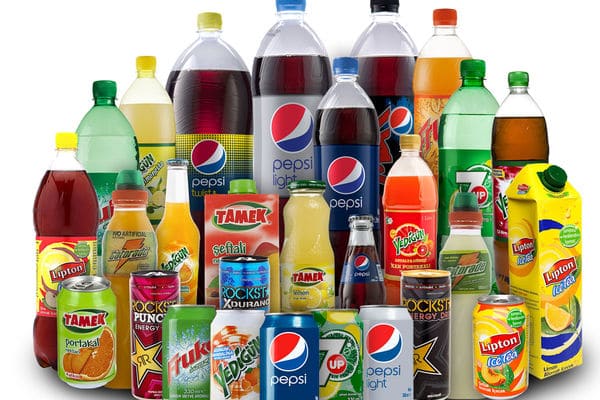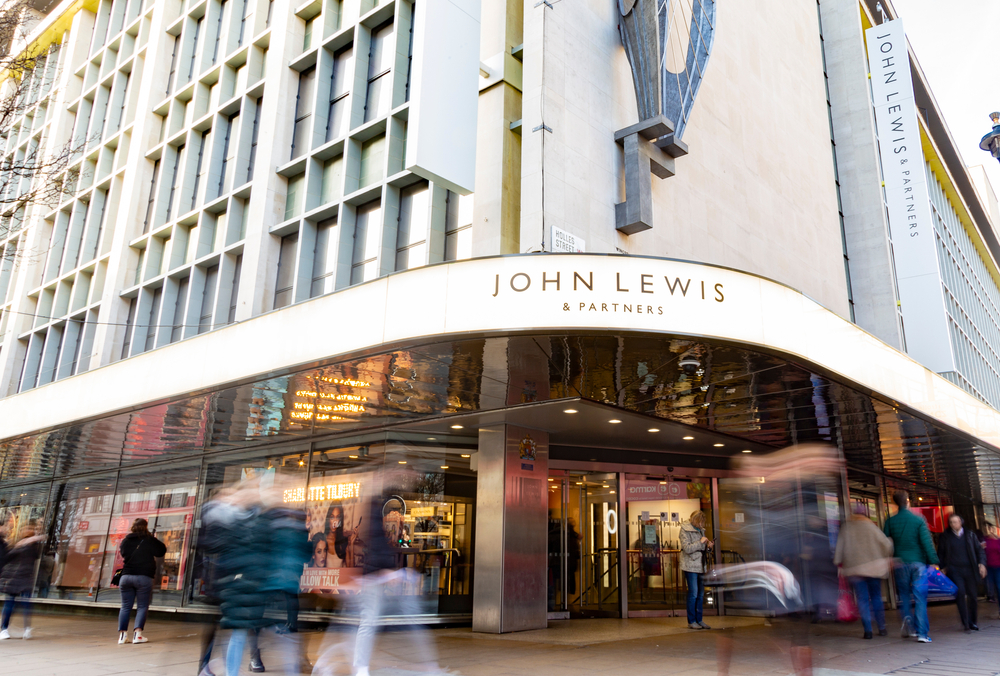The sugar levy announced in March by former chancellor George Osbourne aimed at reducing the country‘s sugar intake caused controversy.
Today, its key points were confirmed as the government announced a new “Childhood Obesity Plan”.
Many health activists saw the plan as a back-tracking on previous promises, reducing targets by amounts which the British Medical Association (BMA) told the BBC “rowed back on its promises by announcing what looks like a weak plan rather than the robust strategy it promised”.
“Although the government proposes targets for food companies to reduce the level of sugar in their products, the fact that these are voluntary and not backed up by regulation, renders them pointless,” BMA chairwoman Professor Parveen Kumarthey said.
Last month‘s revelations from the Oxford Economic‘s think tank suggested the levy could cost 4000 jobs and cost £132 million in economic contribution.
Prominent retail groups have since joined forces with other sectors who would be affected by the bill and called on the government to scrap the levy.
However, it is so far unclear how much of an impact the levy would make to retailers, consumers and those living with obesity. #
It is also unclear whether manufacturers would move to reduce the amount of sugar in their soft drinks, which is essentially the aim of the levy.
“It is a levy, not a tax, which means it is applied to the manufacturer, not a mandatory amount on the drink as a tax would be; that means we don‘t know how manufacturers will be affected,” a spokesperson for British Retail Consortium told the Retail Gazette.
“For example, they could absorb the whole of the levy and not pass any of it onto the customer.”
RELATED: British Sugar joins fight against sugar tax
Coca-Cola, which owns a large proportion of the soft drinks in question, told the Retail Gazette: “We agree with the government that obesity rates are too high, but we do not believe a tax on only some soft drinks with sugar will reduce them.
“What it will do is hit consumers in the pocket and damage a range of businesses up and down the country. By reformulating 28 of our drinks since 2005, giving consumers even clearer nutritional information on our packs and investing more in marketing our no sugar options, we have contributed to a significant reduction in sugar consumption from soft drinks over the last decade – and a 16 per cent reduction in the last four years alone.”
“During this time there has been no corresponding decline in obesity rates. A policy focused on a single nutrient in narrow range of products – that provide an average of just five per cent of the total calories in a British teenager‘s diet – is not the right response.”
Not only is it so far unclear what affect it would have on consumers and the retail industry, but there is conflicting evidence on the effectiveness of whether it would reduce obesity in the UK.
A study published in 2013 by the British Medical Journal (BMJ) suggested a 20 per cent tax on sugar-sweetened beverages would only reduce obesity rates by about 1.3 per cent. It also stated taxing sugar-sweetened beverages was “a promising population measure to target population obesity, particularly among younger adults”.
The government confirmed today their target was an eight per cent tax, under half the recommended effective amount.
This conflicts with the recent “Face the Facts, Ban the Tax” campaign which claims it would do nothing to cure obesity.
A sugar tax has been implemented in other countries, most noticeably in Mexico where one in three adults are obese and where a 10 per cent sugar tax on sugar-sweetened drinks was introduced in 2014. #
A paper published in the BMJ in January found that sales of fizzy drinks had fallen by 12 per cent in the first year.
Furthermore, when a similar ruling was enforced in France, sales fell in the first year after previous years of growth.
In Hungary, it led to a 40 per cent drop in sugar products.
Click here to sign up to Retail Gazette’s free daily email newsletter


















